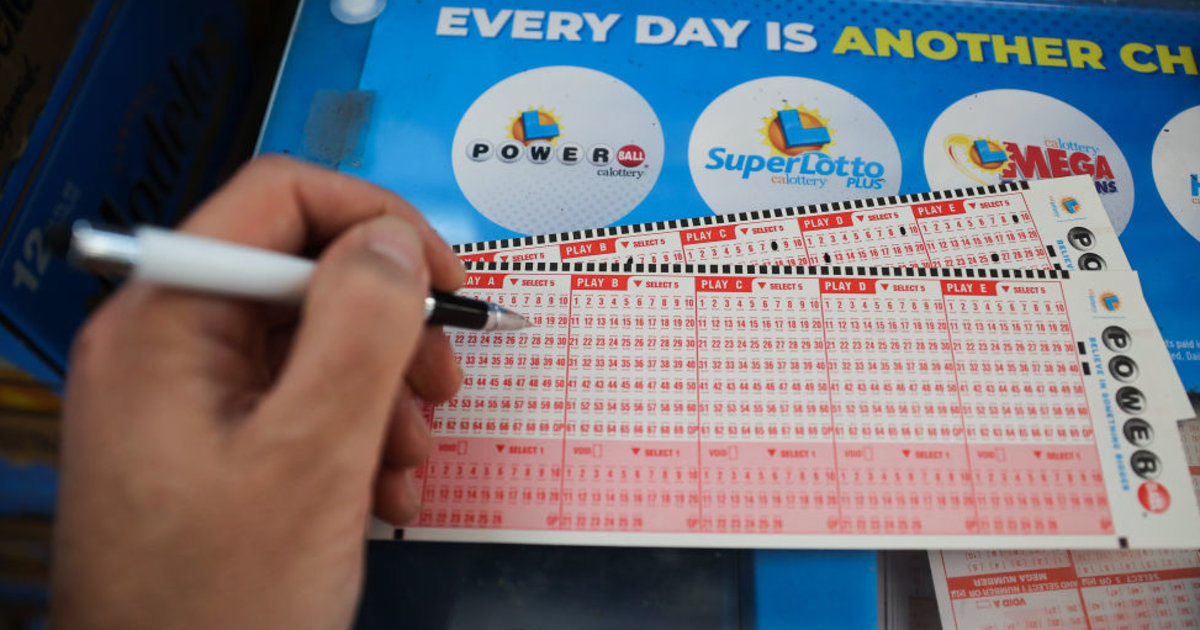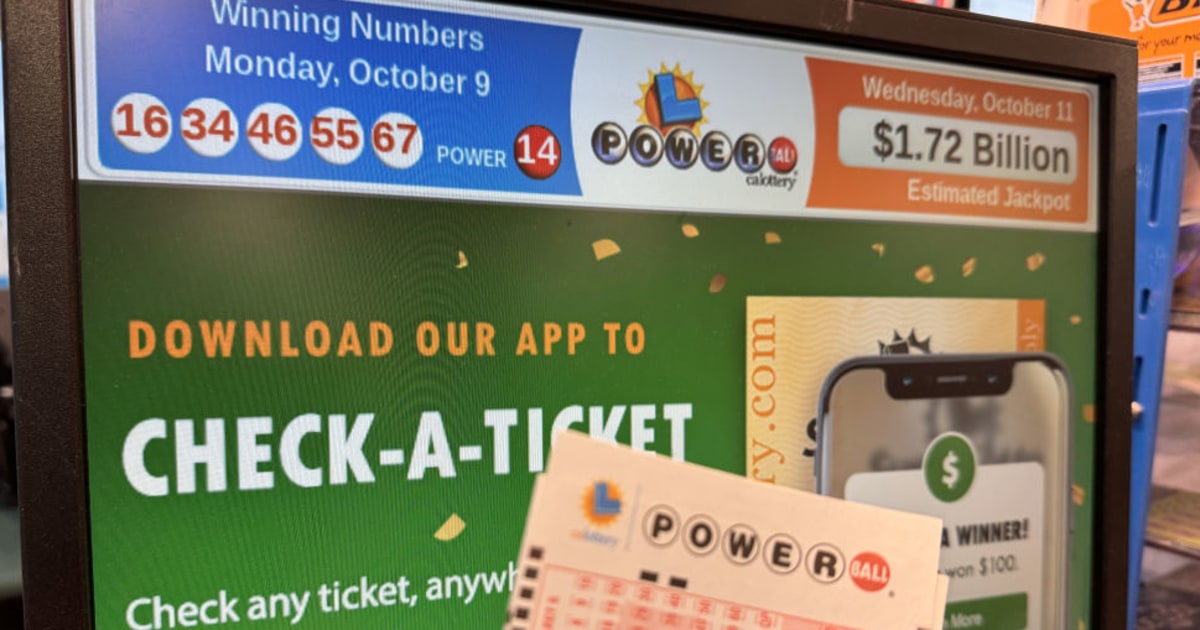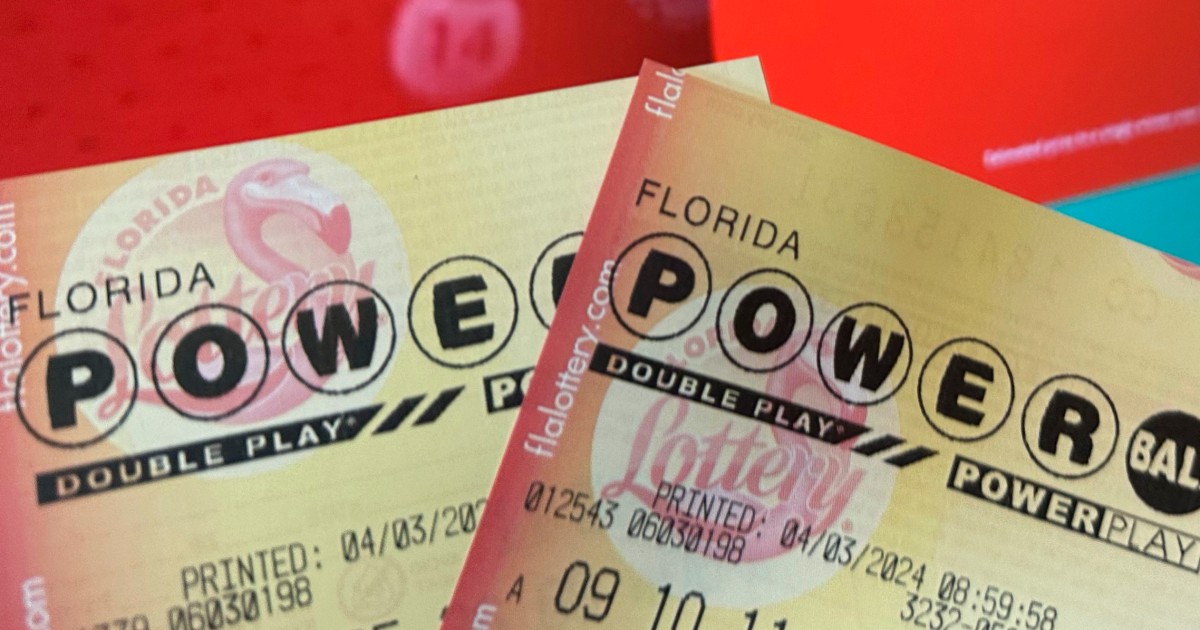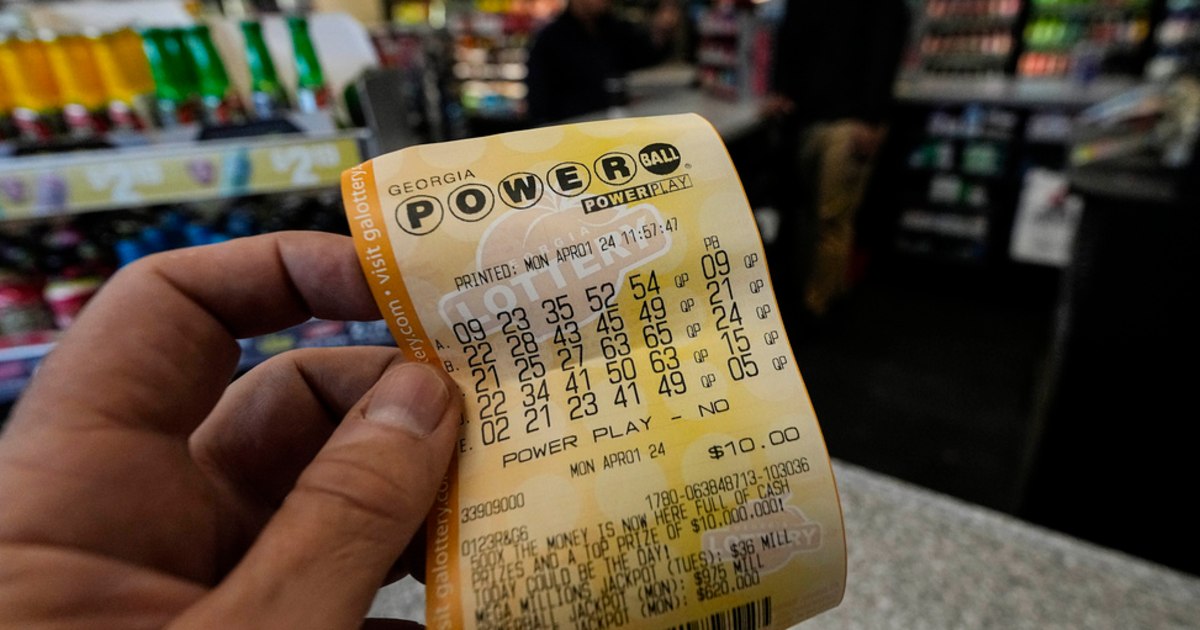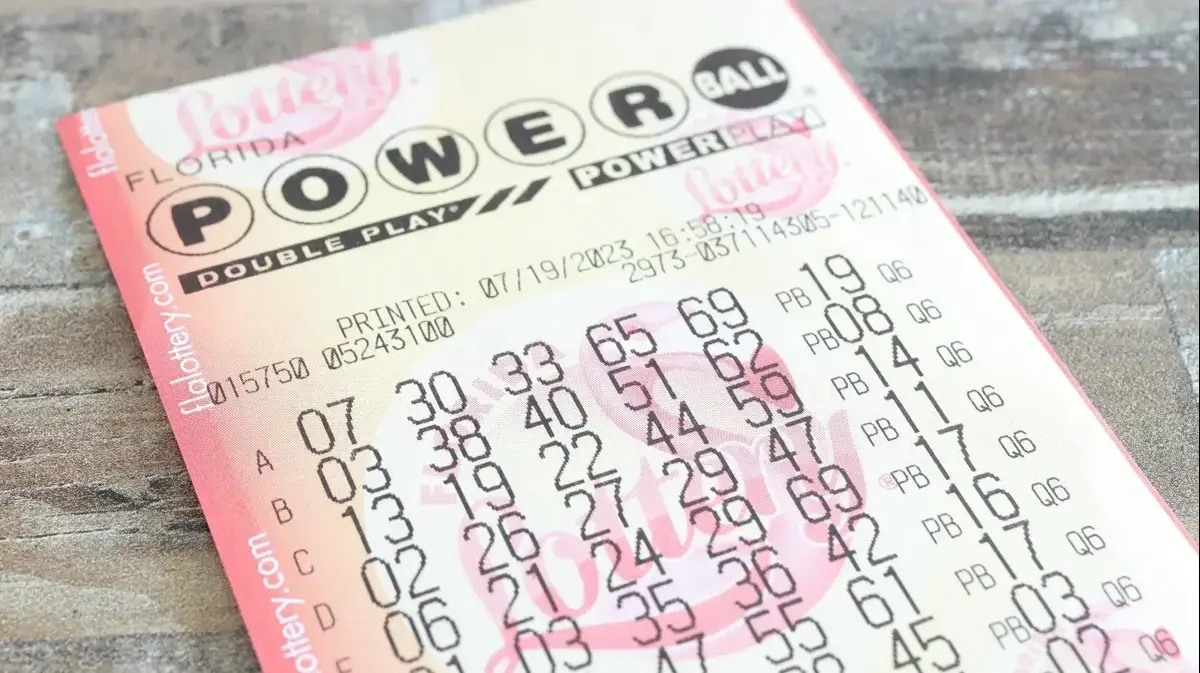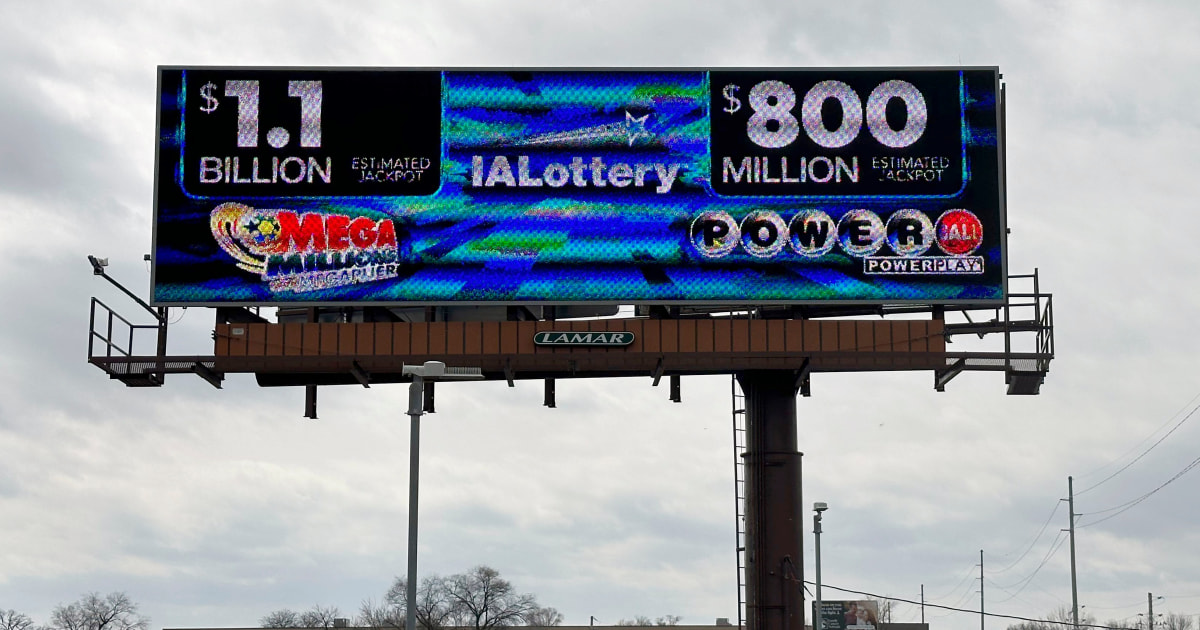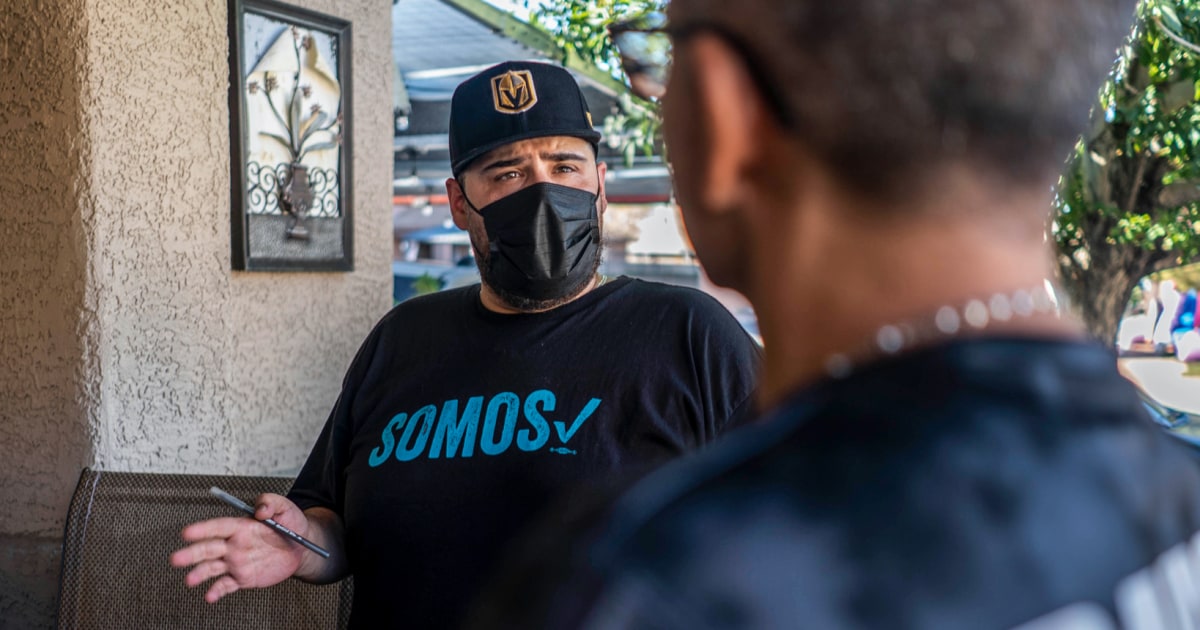A Latino man living in California won the largest prize in the history of the Powerball lottery in November —2.040 million dollars—, but this week another Latino from the same state filed a lawsuit claiming to be the legitimate winner, and claims that the lucky ticket was stolen.
The lawsuit filed Wednesday in Los Angeles County Superior Court identifies the plaintiff as
José Rivera
, who claims he bought his Powerball ticket on November 7 at Joe's Service Center store in Altadena, the place where the winning ticket was sold. .
[The winner of the $2 billion Powerball prize in California is revealed. His name is Edwin Castro and he has this message]
That same day, according to the lawsuit, a person identified as "Reggie" stole the ticket that would be revealed the next day as the winner of the Powerball.
The lawsuit alleges that Rivera tried to get it back, but "Reggie" refused to return it.
On February 14, 2022, the Powerball officially announced that a man identified as Edwin Castro was the winner of the historic prize.
Joe Chahayed, owner of Joe's Service Center, the store where the winning Powerball ticket was sold.
Photo dated Nov. 9, 2022. MediaNews Group/Los Angeles Dail / MediaNews Group via Getty Images
The lawsuit does not provide details about the alleged robbery, nor the relationship between the plaintiff and Edwin Castro.
jose rivera
asks for damages and claims that he contacted the California Lottery to ask them to rectify the results.
The California Lottery responds
“The California Lottery is not authorized to investigate criminal activity reported by players;
such allegations are subject to investigation only by local law enforcement
,” Carolyn Becker, a spokeswoman for the Lottery, told local NBC News station in Los Angeles.
Becker indicated that the Lottery "has the utmost confidence" in its process for selecting winners.
He also explained that an exhaustive review of the complaint was carried out and that they are sure that "Edwin Castro is the legitimate winner of the prize of 2,040 million dollars."
"Even when someone shows up (with a winning ticket), the California Lottery doesn't publicly announce it or identify it until the person is thoroughly checked and investigated by our law enforcement and security division," Becker explained to NBC. , in a pre-suit interview.
A person plays Powerball at a store in Milpitas, California.
Photo dated November 7, 2022. Anadolu Agency / Anadolu Agency via Getty Images
To ensure they have the correct person, they are asked a series of questions to verify that they actually bought the ticket, the official said.
“
Unfortunately, there are people who try to scam us.
Even manipulating tickets
.
We have security measures (...) that we don't talk about publicly because they are our secret tool to identify a real winning ticket," Becker said.
What is known about the winner
Edwin Castro did not want to appear publicly to claim his prize, as many lottery winners do out of security concerns.
It is only known that
he opted for a single payment of 997.6 million dollars
, the money that José Rivera now assures that he belongs to him.
A Lottery statement distributed the day the winner was announced said Castro "was educated in the California public school system" and was "shocked and ecstatic to have won the Powerball drawing."
Joe Chahayed, the owner of the store that sold the winning ticket, received $1 million for the sale.

